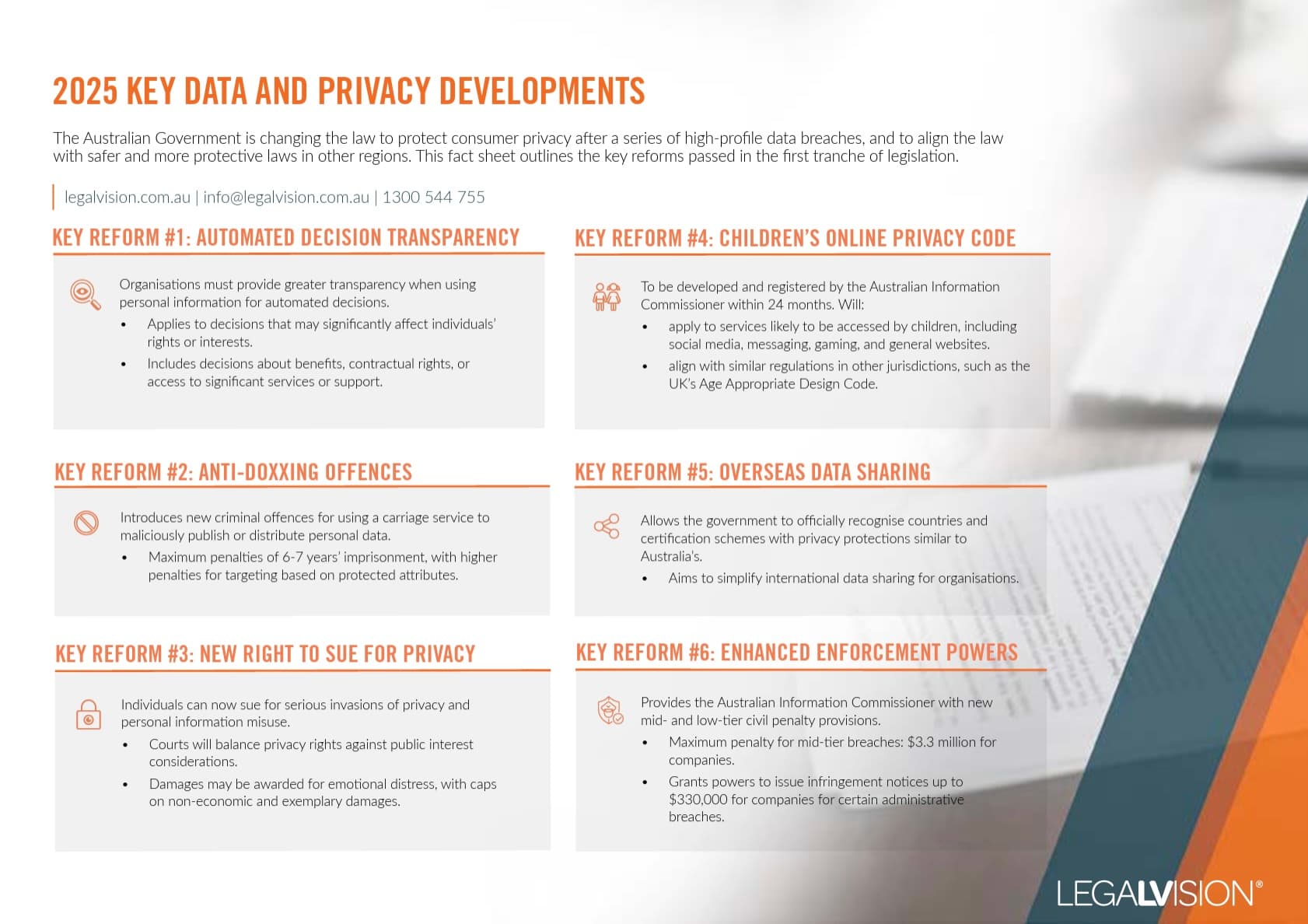For Australian FinTech businesses, navigating the regulatory landscape can be complex. A crucial aspect of compliance revolves around the Australian Financial Services Licence (AFSL). This article explores the concept of ‘renting’ an AFSL as well as its implications and considerations for FinTech businesses.
Do You Need an AFSL?
An AFSL is a license issued by the Australian Securities and Investments Commission (ASIC) that authorises a company to provide financial services. You will likely require an AFSL if your FinTech business engages in activities like:
- providing financial advice;
- dealing in securities;
- operating a managed investment scheme;
- facilitating non-cash payments; or
- holding financial products on trust.
Can You Rent an AFSL?
The act of ‘renting’ an AFSL refers to a company being a ‘Corporate Authorised Representative’ of an existing AFSL holder. This arrangement allows your FinTech company to operate under the umbrella of the AFSL holder’s license.
Typically, a corporate authorised representative (CAR) agreement formalises the relationship between your company and the AFSL holder.
Continue reading this article below the formWhat to Look Out for in a Corporate Authorised Representative Agreement?
A well-drafted corporate authorised representative agreement is critical to ensuring a smooth working relationship and effectively managing responsibilities. The table below outlines some key clauses to consider.
| Clause | Description |
| Scope of activities | The agreement should clearly define the specific financial services your FinTech business can provide under the AFSL holder’s license. |
| Compliance obligations | The agreement should outline the responsibilities of each party regarding compliance with ASIC regulations. |
| Financial arrangements | The agreement should detail any fees associated with the arrangement and how you will share compliance costs. |
| Termination provisions | You should establish clear guidelines for terminating the agreement, including triggers and consequences. |
What Are the Pros and Cons of Renting an AFSL?
There are some advantages of renting an AFSL, as compared to applying for one, including:
- Faster market entry: Renting an AFSL allows you to launch your FinTech business quicker compared to applying for your own license.
- Reduced compliance burden: The AFSL holder shoulders some of the compliance responsibilities, freeing up your resources. The AFSL holder can also provide guidance, as this will likely be your first time adhering to financial regulatory obligations.
- Cost-effective (initially): Renting an AFSL can be cheaper than obtaining your own license upfront.
Conversely, there are also some disadvantages of renting an AFSL, such as:
- Limited control: You operate under the AFSL holder’s license, potentially restricting your business activities and room for expansion.
- Dependence on the AFSL holder: The AFSL holder’s actions and reputation can impact your business.
- Potential for higher ongoing costs: Fees associated with renting an AFSL can outweigh the initial cost advantage in the long run.
How Do You Find an AFSL Holder Who Can Rent You Their AFSL?
Finding an AFSL holder willing to appoint a corporate authorised representative can be challenging. Here are some potential avenues:
- Industry contacts: It will be beneficial to network with established players in your FinTech niche. They may have existing relationships with suitable AFSL holders or be aware of potential partners.
- Industry professionals: Professionals specialising in financial services regulations can advise you on finding reputable AFSL holders open to such arrangements or at least identify a good starting point.
- ASIC Registers: ASIC maintains a public register of AFSL holders. While it will not explicitly indicate those open to authorised representatives, you can identify potential partners based on their alignment with your business activities and contact them directly.
Remember, conducting thorough due diligence on any potential AFSL holder is crucial.

This factsheet outlines the Australian Government’s strengthened consumer privacy laws in 2025 following major data breaches and their alignment with global standards.
Key Takeaways
Renting an AFSL through a corporate authorised representative agreement can be a viable option for FinTech businesses seeking faster market entry. However, you will need first to locate an AFSL holder willing to rent you their AFSL. Next, carefully weigh the pros and cons and ensure the agreement clearly outlines responsibilities and expectations.
We appreciate your feedback – your submission has been successfully received.











